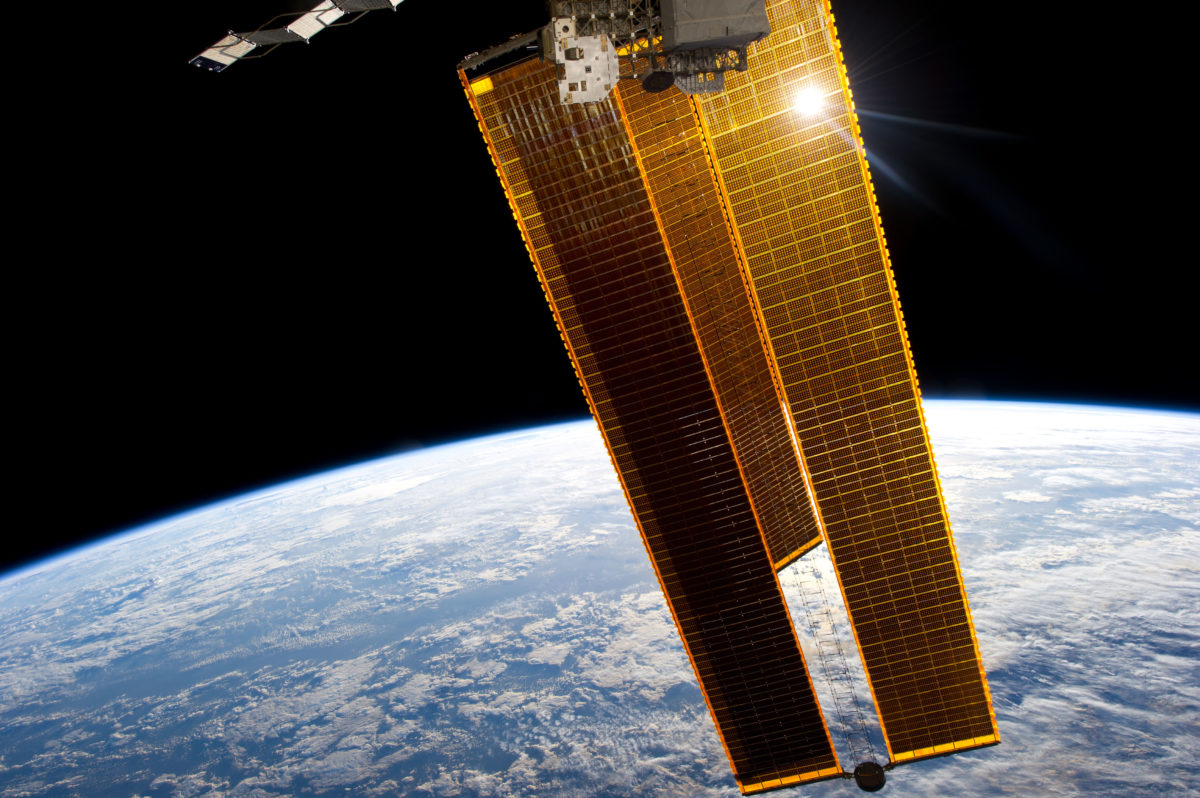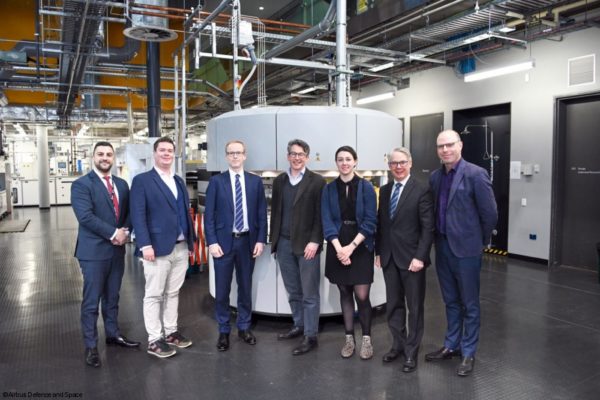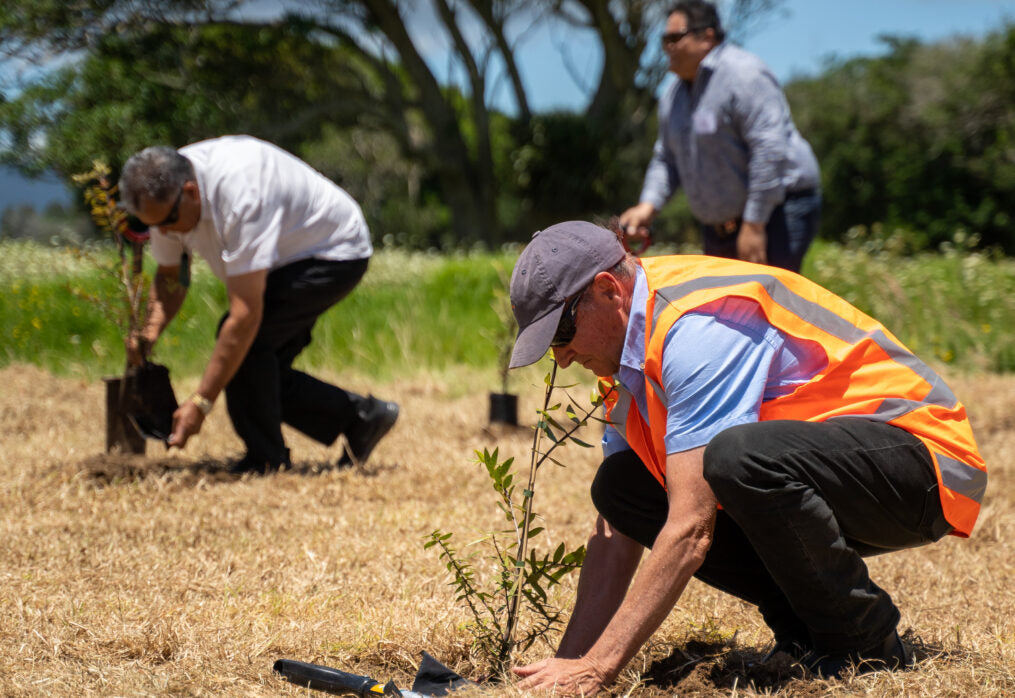https://www.pv-magazine-australia.com/2022/12/23/unsw-teams-with-airbus-to-develop-high-efficiency-solar-cells-for-space/
UNSW teams with Airbus to develop high-efficiency solar cells for space

Image: NASA
Airbus Defence and Space has announced it will team with researchers from the University of New South Wales on a strategic research program to fast track the development of high-efficiency solar cells to be used in space.
Airbus Defence and Space, a division of Netherlands-headquartered aerospace corporation Airbus group, has selected the University of New South Wales (UNSW) in Sydney to conduct a multi-year research project that is expected to push the performance of PV cells for space to the limit, both in terms of efficiency and radiation stability.
Airbus said the 3.5-year project will focus on the solar cells that are presently used to power spacecraft. Those cells are composed of several different layers of semiconductor materials that selectively absorb different parts of the solar spectrum. This selectivity enables the cells to operate more efficiently than the standard silicon solar cells used on domestic rooftops.
Professor Ned Ekins-Daukes, from the UNSW Sydney School of Photovoltaic & Renewable Energy Engineering, said the project will explore the merit of introducing patterned, non-planar layers into the cell structure, a technique known as interstitial light-trapping, which can further confine particular wavelengths of light into particular layers of the solar cell.
“Our research on high-efficiency solar cells can help extend the operational life of a spacecraft and lead to light-weight, lower-cost solar arrays,” he said.

Image: Airbus
Ekins-Daukes, who has previously developed nanostructured, strain-balanced PV absorbers that have utility for solar power conversion in the space environment, said the partnership with Airbus has the potential to open opportunities for commercialisation of this technology in Australia and internationally.
“Partnering with Airbus’ experts will help us to understand the broader aerospace industry requirements for solar power and realise the full potential for these future solar power technologies,” he said.
Airbus Defence and Space UK Managing Director Richard Franklin said the project is a perfect example of industry and academia working together to develop and commercialise technologies to benefit and support the defence and space sectors in Australia.
“This is another example of the world-class research capabilities to be found in Australia, and in partnering with UNSW Sydney, we aim to bring these leading-edge research results to applications in space,” he said.
This content is protected by copyright and may not be reused. If you want to cooperate with us and would like to reuse some of our content, please contact: editors@pv-magazine.com.
<




